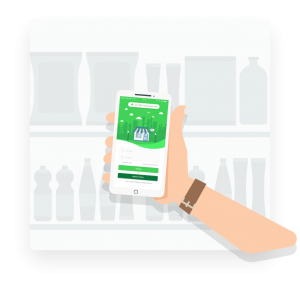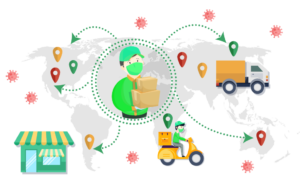Table of Contents
For most products, key drivers of purchase are often times reliant on the resellers. This is highly evident in the technology, the automobile, and the construction industry. For example, consumers often go to electronic stores to get recommendations on which computers suited their needs.
On top of that, resellers can have a variety of business scale, from traditional market to modern outlets. Which is why personalized incentives with B2B loyalty program are important for you to retain your existing resellers.
Why are resellers important for your business? What do they actually do to sell your products?
Resellers are the bridge between you and your end consumers. They interact with end consumers, promote products and involved in a single point of purchase. For example, they are in charge of visual merchandising (planogram) to maximize performance and profits because of product visibility matters for consumers. So, imagine the enormous effort you have to keep track of if you want to sell your products to the market without resellers. Resellers are important so you can focus on the manufacturing and distribution of your goods.
History
– Coppers
Started off in the 1700s century, store give resellers copper tokens that could later be redeemed with future purchases. This way, resellers will be more willing to spend more on their future purchases rather than to competitors. This simple system is paving the way for loyalty programs today.
– Stamps and Scratch Off Cards
However, coppers turn out to be costly for reseller’s retention tool. So around the 1800s, stores began transitioning to trading stamps and scratch off cards. With coppers, the system was built as if it’s a ‘one-time use vouchers’ but with stamps and scratch off cards, resellers can keep track of their progress. From here, we can see programs and gamification start to take shape as it rewarded resellers the ability to buy merchandise from any affiliated retailers while also keeping them engaged with the program.
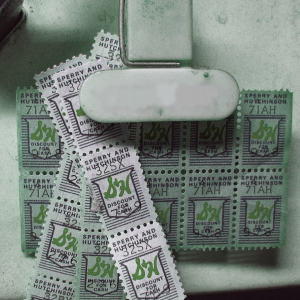
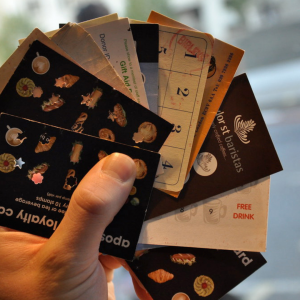
Now
– Smart Cards
During the 1900s, stamps eventually got replaced by the more technology advanced cards. The smart cards are equipped with either barcodes, chips, of NFC. With these reusable smart cards, it allows companies to develop programs to be more dynamic. By presenting a smart card, resellers would receive either a discount or allotment of points that they can use for future purchases. With smart cards, resellers can redeem items through separate retailers regardless of the retailer they were originally earned it from.
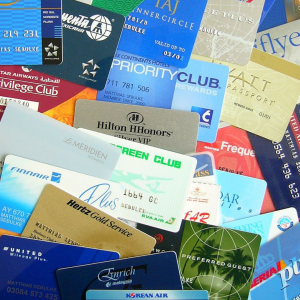
– Mobile Applications
Since the infrastructure takes place digitally, companies no longer have to be power players in retail space to build and implement a loyalty program. AdvoMarketing is an Advotics software solution for B2B loyalty programs. With proven expertise in transforming loyalty program mechanics into a digital platform, we understand the complexity of needs from resellers. Which is why we designed our platform to be simple yet intuitive and fully capable to deliver your marketing goals.
By digitalizing and eliminating physical cards, companies can develop B2B loyalty programs in more innovative ways. It once existed to reward resellers for spending a certain amount, but now it can reward a variety of other actions. Such as referral, planogram display, and more.
In our recent blog post, we have discussed about more benefits of using AdvoMarketing. From first hand direct data collection, increasing transparency, and providing granular data for strategic insights.
Wants to build your true long-lasting community today? Tell us your needs and Advotics will helps you to further nurture your relationship with your resellers.

